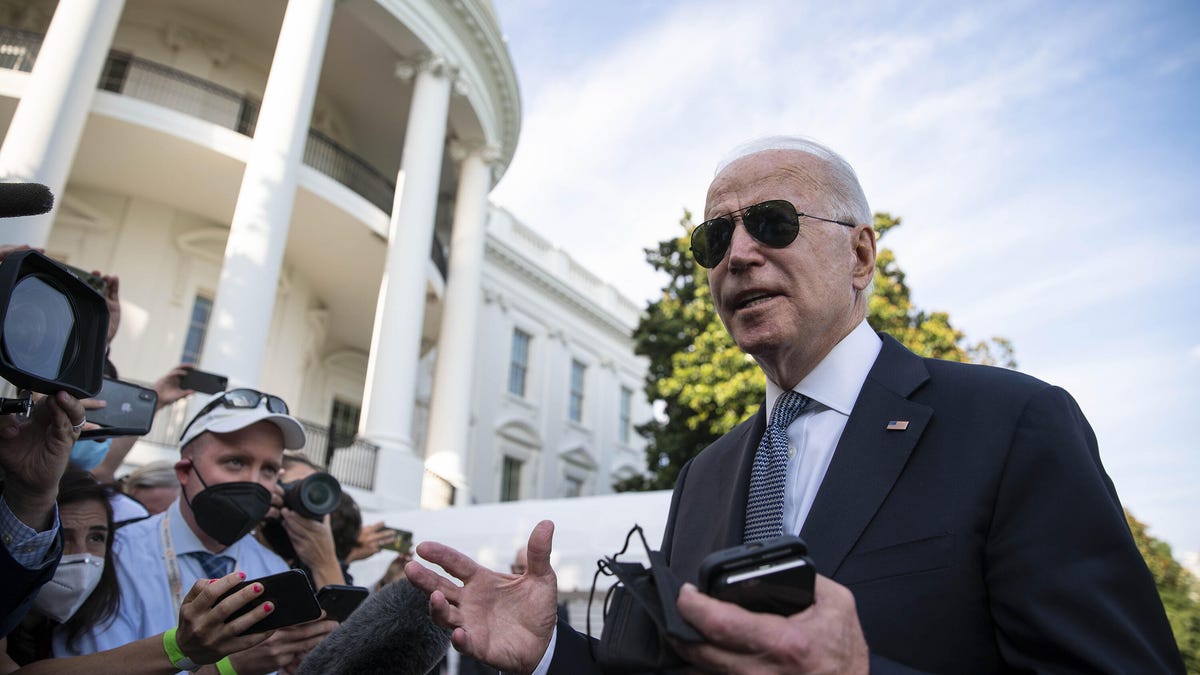Biden's bipartisan infrastructure bill moves toward passage, Senate vote possible this week
The bill would spend $1.2 trillion in total to repair roads and bridges, create a national EV charging network and provide federal funds to combat climate change.

If the bill passes, it would notch a win for the president's domestic agenda.
Over the weekend, a group of Republican and Democratic senators hashed out a final legislative text for President Joe Biden's bipartisan infrastructure package. Now officially known as the Infrastructure Investment & Jobs Act (PDF), it heads closer to a final vote in the US Senate as soon as this week, Reuters reports.
The 10 US senators working together on the package issued a joint statement Sunday saying, "Over the last four days we have worked day and night to finalize historic legislation that will invest in our nation's hard infrastructure and create good-paying jobs for working Americans in communities across the country without raising taxes. This bipartisan bill and our shared commitment to see it across the finish line is further proof that the Senate can work. We look forward to moving this bill through the Senate and delivering for the American people."
The final legislation is about $1 trillion less than what Biden originally called for, and it notably scraps electric vehicle subsidies. The president wanted some $100 billion to put cash into Americans' pockets when buying an electric car. For now, the federal EV tax credit system remains unchanged. But the infrastructure bill must now head through the arduous process of amendments where the legislation could well change.
While the crux of the bill tackles crumbling roads and bridges across the US, which haven't received a significant investment in decades, the bill also provides $7.5 billion for a national network of EV charging stations and another $7.5 billion for electric buses and other forms of clean public transportation. The bill calls for $66 billion for Amtrak to clear a backlog of repairs and to expand services across the US.
The final bill's passage would then clear the way for a secondary plan Democrats may move to pass on their own through what's known as the budget reconciliation process. This plan, which Biden describes as "human infrastructure," could tally $3.5 trillion, but would require support from every Democratic senator in congress.

